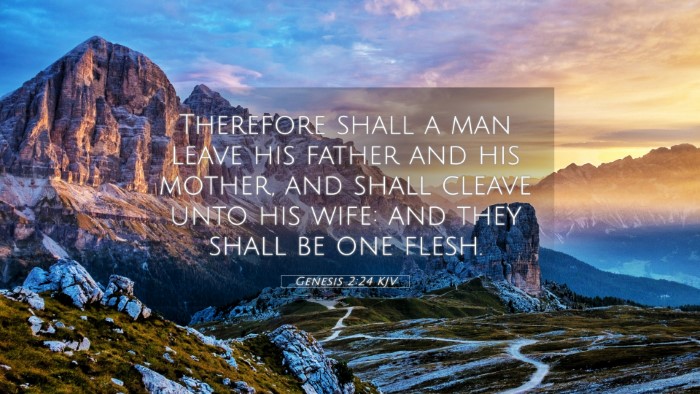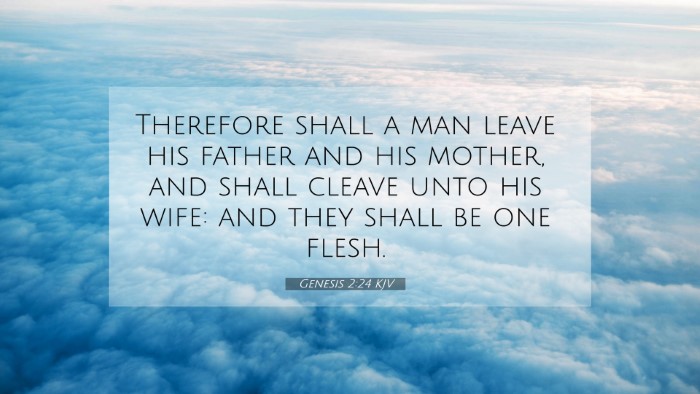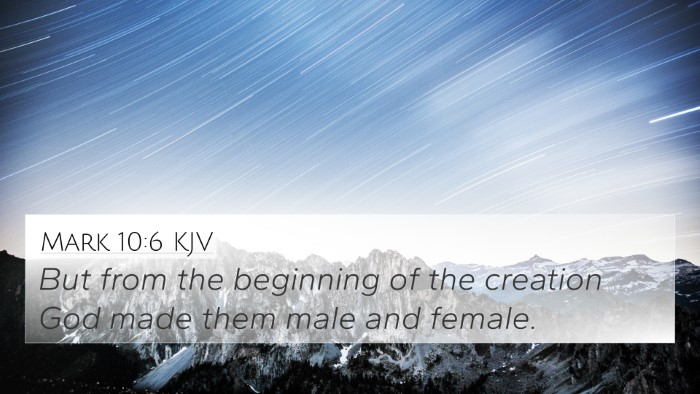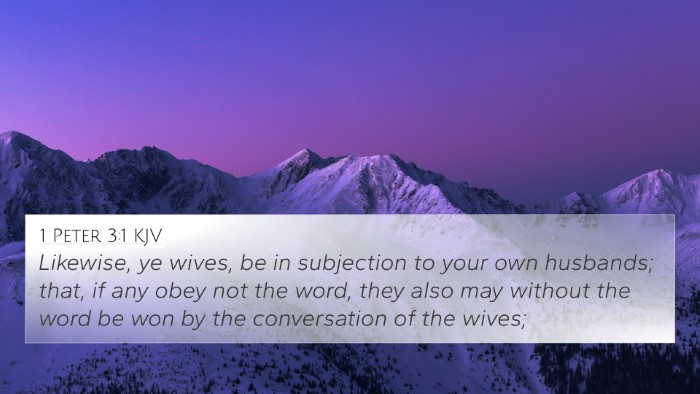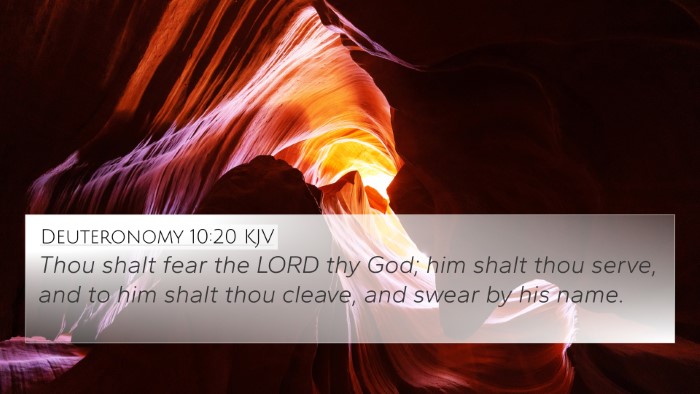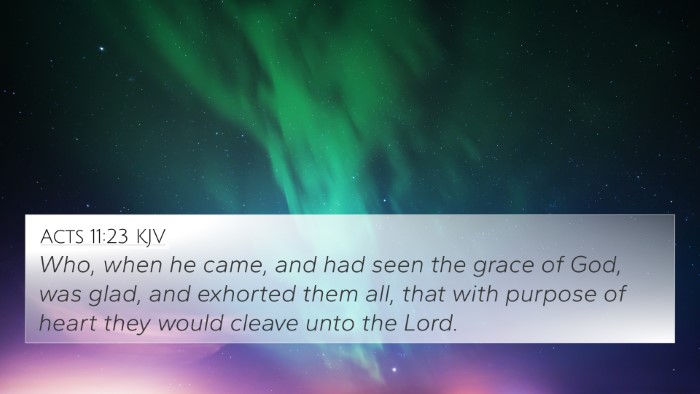Understanding Genesis 2:24
Genesis 2:24: "Therefore shall a man leave his father and his mother, and shall cleave unto his wife: and they shall be one flesh."
Summary of Genesis 2:24
This verse is pivotal in understanding the institution of marriage as it lays down the fundamental principle of leaving one's family to form a new family unit. It emphasizes the commitment and unity that marriage entails, indicating that the couple becomes inseparable thereafter.
Insights from Public Domain Commentaries
Matthew Henry's Commentary
Matthew Henry emphasizes the importance of leaving one's parents, which suggests a significant transition from one life stage to another. This act signifies the creation of a new household where the husband and wife are primary, thus highlighting the priority of their relationship over previous familial ties. The phrase "one flesh" illustrates a deep, covenantal bond that transcends mere physical unity; it indicates emotional and spiritual oneness.
Albert Barnes' Notes
Albert Barnes remarks that this statement serves as a commandment from God concerning the binding nature of marriage. The directive to "leave" indicates a break from the past, while "cleave" implies an active pursuit of unity and love. Barnes notes that this principle serves not only for individual relationships but also reflects God’s design for societal structure, underpinning the family as the foundation of civilization.
Adam Clarke's Commentary
Adam Clarke highlights how this verse illustrates the comprehensive commitment required in marriage. He points out that the phrase "one flesh" suggests a partnership that extends beyond the physical, advocating for a deep emotional and spiritual fellowship between the couple. Clarke emphasizes that this illustrates God's intention for human relationships and the significance of mutual support and love within a marriage.
Key Cross-References for Genesis 2:24
- Matthew 19:5-6: Jesus reaffirms the concept of marriage as a union that God has ordained, emphasizing that what God has joined together, man should not separate.
- Ephesians 5:31: Paul reiterates Genesis 2:24, affirming that marriage embodies the idea of the husband and wife becoming one flesh.
- 1 Corinthians 6:16: Paul uses the term "one flesh" to discuss the relationship between husband and wife, underscoring the profound joining of two individuals.
- Mark 10:7-9: The Gospel of Mark records Jesus' teaching on marriage, reinforcing the idea of leaving familial ties to unite in marriage.
- 1 Peter 3:7: Peter instructs husbands to live with their wives in understanding, reflecting the unity and respect that should characterize the marital relationship.
- Hebrews 13:4: The sanctity of marriage is emphasized, which resonates with the joined nature of husband and wife as indicated in Genesis 2:24.
- Malachi 2:14: God speaks about the importance of faithfulness in the marriage covenant, the implications of being one alongside the divine witness of the relationship.
Connections Between Related Scriptures
The themes of leaving parents and becoming one flesh connect deeply with various Biblical passages that explore the nature of families and human relationships:
- Comparative studies between Genesis 1:27 and Genesis 2:24 show the divine intention in creating male and female as complementary partners.
- Colossians 3:18-19 illustrates the Biblical roles within marriage, stressing mutual love and respect, connecting back to the foundational union in Genesis.
- The notion of unity in marriage can be paralleled with Psalm 133:1, emphasizing the beauty of harmony, which is an underpinning of the marital relationship.
Tools for Bible Cross-Referencing
As one seeks to understand Genesis 2:24, various tools can enhance the study of cross-references:
- Bible Concordance: Helps locate different instances of themes and keywords found throughout the scriptures.
- Bible Cross-Reference Guide: Aids in identifying related verses that offer deeper insight into the original texts.
- Bible Reference Resources: These materials provide comprehensive background on each verse and its context.
Cross-Referencing Bible Study Methods
For effective Bible study, consider the following methods:
- Identifying Connections: Explore how Genesis 2:24 relates to verses discussing love, fidelity, and family.
- Thematic Studies: Focus on themes like covenant, love, and partnership found across different books of the Bible.
- Comparative Analysis: Examine differences and similarities between Old Testament teachings on marriage and New Testament applications.
Conclusion
Genesis 2:24 serves as a cornerstone for understanding marriage in the Biblical context. The insights gathered from commentaries like those by Matthew Henry, Albert Barnes, and Adam Clarke enrich the interpretation of this verse, while various cross-references provide a broader scriptural understanding. Emphasizing the themes of unity and divine ordination, this verse encapsulates the significance of the marital commitment within the Christian faith.

